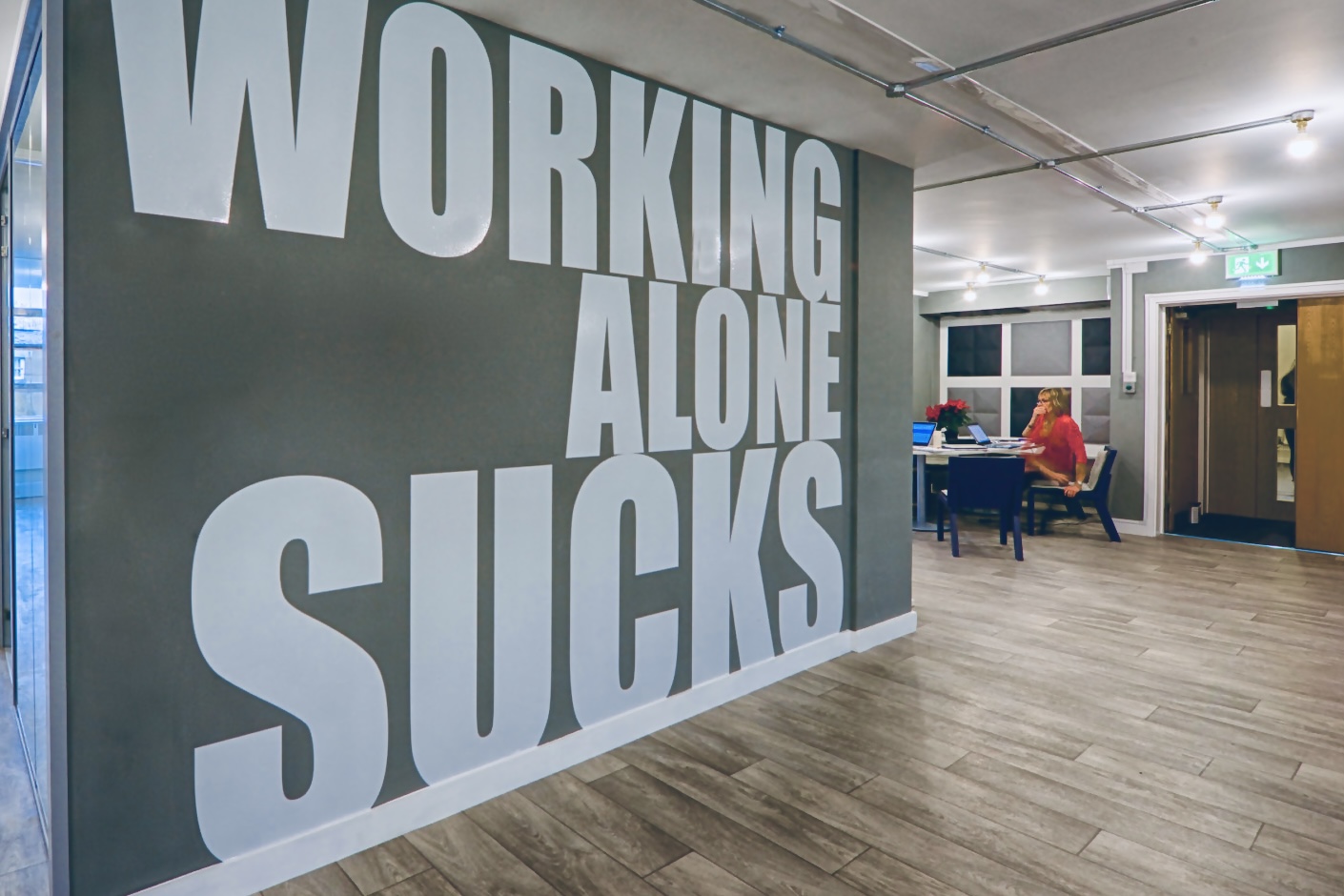As we all know the covid-19 Lockdown has minimized the amount we see our colleagues or engage with others in person, Zoom is not a space for small talk and doesn’t quite capture conversations over coffee in the kitchen. Whilst some have settled into working from home and setting a new standard for ‘normal’, we have to consider the effects this will have long term.
Is Working from home still the right thing to do?
U.K. Chancellor of the Exchequer Rishi Sunak sparked a bit of social media debate in August when he stressed how important it is for young people to return to the office, saying it is crucial for their career progression. He extolled the benefits of being in-person to learn directly from mentors and establish long-lasting connections. “I doubt I would have had those strong relationships if I was doing my internship or my first bit of my career over Teams and Zoom,” he told LinkedIn news. It’s a concern that’s been echoed by many senior executives in the City, including most recently Abrdn Plc Chief Executive Officer Stephen Bird who reportedly said he didn’t think he would have been noticed on Zoom. Whilst many professionals are apt in working from home having already built relationships and gained experience, younger generations won’t have done this yet and will miss out on a crucial part of work life.
Building professional relationships
With today’s technology advancing, more and more people are using apps to order food, to find friends or go on dates, to then introduce working from home using zoom, Skype – is there a time where we are away from our laptops or phones? Will these lead to new ways of making professional relationships or do companies need to consider coming back into the office as a necessity. Just because technology has proven we can work anywhere, may not mean we should. When you create an empowered environment you often see a rapid change in attitude from, ‘This is just the job I do’ to ‘This is what I’m responsible for.’ When people have that deeper sense of responsibility they are prepared to go further to drive the culture, however, will people feel empowered to drive the culture while working from home?
Some organizations are reluctant to develop strong professional relationships because they are unsure how to go about it. They worry that ‘relationship-building falls into the new age namby-pamby basket, where people sit around the campfire, hold hands and sing songs together. Leading Teams sees relationship-building in a vastly different light. Most people typically allow relationships to evolve. In any team environment, however, this might mean relationships don’t evolve, evolve in a more negative way, or only evolve in a superficial way that enables everyone to get by. We don’t want to build relationships for the hell of it. Ultimately, relationships are built so that team members can talk with any member of the team about the business of the team. It’s also important to give people the opportunity to learn the skills that will enable them to have those conversations.
Is flexible working an option?
Considering this, It may be time for companies to rethink working from home or if flexible working is the best way to go when seeking to build professional relationships or to promote the culture in your place of work. Seeing the benefits of connecting with people and building professional relationships improves businesses, whether that’s small, remote, or on a corporate level, it goes to show it’s a fundamental part of work cultures. Saying this, it’s important to keep building relationships a possibility Gen-Z at risk of putting them on the backfoot, many working professionals have already had time to build connections and find communities before covid-19, giving them the advantage of working from home without it having a detriment to their future career.
Whilst working full time in the office may not be ideal for everyone, flexible working can be a great alternative to maintain relationships whilst still giving people freedom and incentive at work to maintain a work-life balance. This could be working remotely 2 days a week and in the office for 3 days a week or finding a local co-working space, or even working remotely and teams meeting up once a month. The options are endless, giving freedom to both employer and employee.





